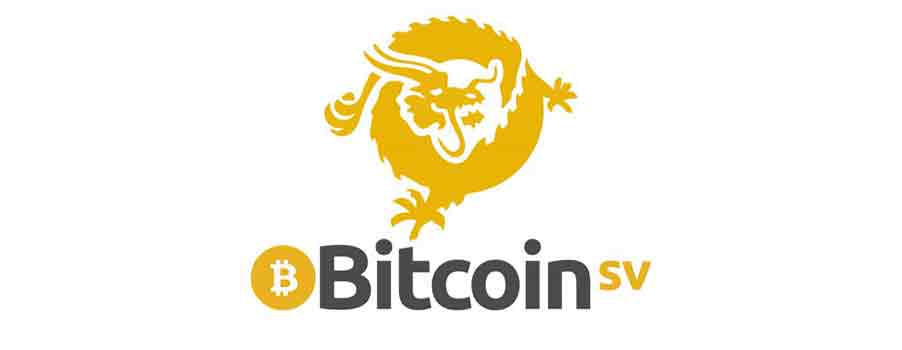Crypto-powered online gambling has achieved yet another great milestone thanks to a recent move by BitBoss, one of the fastest-growing crypto-first online gambling platforms. The operator has made history by launching the very first blackjack game to run entirely on-chain, something that certainly means a lot for the future of the online gambling industry.
Now, the integration of online casino games with blockchain technology has not been very easy to pull off especially due to the current technological limitations. BitBoss has, however, found some workarounds that have made it possible for the company to pull off such a fete.
Players can look forward to the same level of quality when playing on-chain poker with BitBoss due to the impressive optimizations that have been implemented in the game. All of the bets, as well as the results of the games, are transactions on the very popular Bitcoin SV blockchain which means that they offer all the benefits of the technology. These benefits include transparency, accessibility, immutability as well as the utilization of some untapped potential.
According to Alex Shore, the BitBoss. CTO, the company went a step further with the blackjack offering since blackjack is a multi-action game. All of that action is recorded on the blockchain which comes with some other benefits. Perhaps the most notable benefit is that everything is provably fair and therefore there is no need to build off-chain technology and try to scale it later.
New Exchange Services
In addition to the new blackjack offering, BitBoss’ Dragon BSV Casino is also now allowing customers to convert whatever digital currency they may have to Bitcoin SV (BSV). Some of the popular digital currencies that users can trade on the platform include BTC, ETH, XRP, TRX, XMR, LTC, USDT, and USDC. In addition to offering their users unmatched convenience, BitBoss is looking to achieve much more with the exchange services it is now offering.
The most important goal for the company seems to be to show the world just how powerful the Bitcoin SV blockchain is. Moreover, this will serve as a way to elevate the popularity of Bitcoin SV – the digital currency is already making headlines due to its stability especially when compared to the likes of Bitcoin.
The developments that BitBoss unveiled came just a short while after the Bitcoin Association announced that the first Bitcoin SV Technical Standard Committee-commissioned standard is ready for public review. This just marks the beginning of a potentially impressive upward trajectory for BitBoss as it inches close to mainstream adoption.










